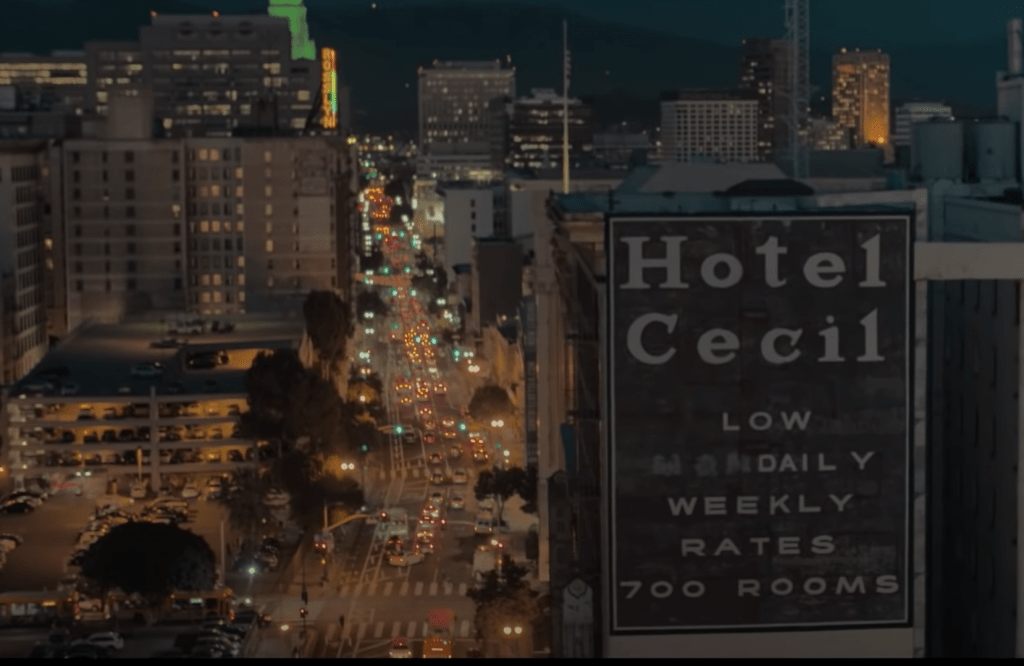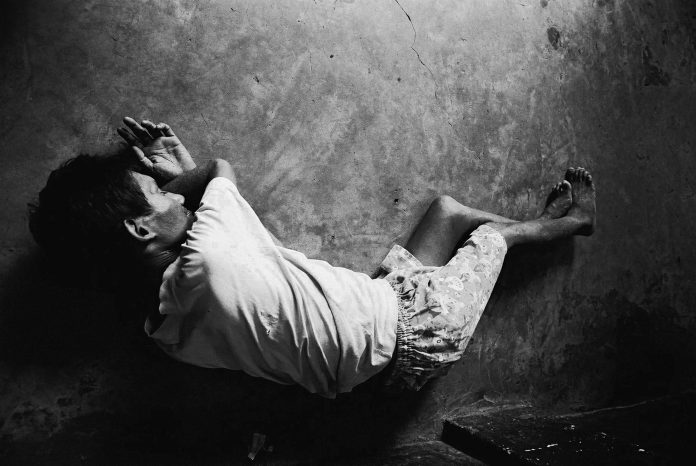I suppose that is the human condition, to feel so big, so important, but, just a flicker in the universe. And the struggle to come to terms with those two truths. ~ Elisa Lam
Trigger warning: Discussion on depression and suicide.
The last seven days had been dreadful. At least, to me, it was.
I was struck by a depression I could not understand. Couldn’t read, couldn’t write. Everything seemed to float in a blur. Resolved to meet all my deadlines, I went on the task of doing what I’ve been doing for close to four decades: write. This time, though, it took every ounce of strength and mental muscle to be done with a short 1,200-word piece.
At 57, I could already sense my faculties slowly waning without this depression standing between me and what I needed to do. All so suddenly it was there and for the first time in my life as a writer, I didn’t know what to make of it.
I hardly understood that sense of melancholy and foreboding for the simple reason that I never saw myself as a person who suffers from any sort of clinical depression. Growing up as a teenager many years ago, I’ve had my motley share of “demons” I constantly wrestled with, mainly rage.
I was a young man much too furious that the only way to diffuse the anger was to let it all out on someone else. Life eventually became a ragbag of clashes and brawls, mainly in bars, oftentimes spilling into the streets as the night wore on.
Prior to today’s understanding of the condition, during my time, it was just what “bad boys” do. And while a moment did arrive when I decided to take my own life (I was barely out of my teens at the time), no one thought of the decision as the result of a chemical imbalance or any serious psychological glitch.
Rather, it was another one of those foolish things boys like me do to escape whatever it was that needed escaping.
I likewise grew up in an environment where boys are expected to “suck it up,” steel the nerves, and overcome what needed overcoming. In short, grow a spine sturdy and formidable enough to withstand life’s blows.
And while I did grow some backbone out of sheer grit and willpower, the overwhelming feeling of being down in the dumps remained. However, now that I’m a lot older, I have gotten used to the fight. Win or lose, I live for the struggle. I love the sense of winning over my demons, beating them to an inch of their lives.
Until roughly a week ago when I couldn’t shrug the blues away.
I thought of it initially as just another melancholy episode triggered by the pandemic and close to 400 days in quarantine. But being your hopeless introvert told me that couldn’t be it. I’m used to being by my lonesome, which goes with the territory of being a writer.
So, between deadlines, which I still had the moxie to meet, I went into hibernation.

During that brief furlough, I chanced upon a crime documentary on Netflix: the story of Elisa Lam in the Hotel Cecil Series. First thought of as a murder victim, the investigations ended with “accidental death” with her bipolar episodes contributing to it.
Days after Elisa Lam’s disappearance, she was found inside one of four adjoining water tanks set on the rooftop of the controversial Hotel Cecil, a stone’s throw from Los Angeles’ notorious Skid Row.
The documentary begins with the hotel being the site of murders, suicide, rapes, armed robberies, drugs, prostitution, you name it. It had a gloom to it that would make haunted mansions look like Disneyland.
As a journalist, I have met people with bipolar condition and those suffering from varying stages of depression. But here’s the thing: from where I stood, not a single one of them appeared gloomy, scarcely disconsolate in the least.
Many exhibited a jovial character, others live lives as your normal everyday person who laughs at corny jokes, with some too optimistic to be a danger to themselves.
Many I’ve met even enjoy some measure of success in their chosen fields, if by “success” you mean living the dream. Unless they open up about their condition, it would be difficult to tell whether one suffers from depression or not.
I think that’s where the danger lies: depression has no face. It can be anyone or anything. That man or woman you meet on the road to the office, inside an elevator, the Grab driver. Perhaps, even your CEO who’s earning a six-digit salary, who’d know?
Elisa Lam was your average, dreamy-eyed teenage girl who had planned on seeing the world. She was active on social media. She oozed with optimism until the day her bipolar condition pushed her to end it all. At least, that was what the investigations said.

Writing this column reminds me of another movie titled “Tililing”—a local slang used rather tactlessly to describe mental illness. The movie was said to have gained some negative traction after netizens criticized it for its poster: six actors making faces which, seen from all angles, suggest one is suffering from mental illness.
While I do not believe the writers, producers, creatives and director of the film intended these facial expressions as outright slurs, the seeming stab to stereotype those with mental health problems is downright objectionable.
Apparently, the pandemic, and I would hazard to say the overall mediocrity this administration has shown, to say nothing of the killings even as the virus rages on, have pushed the boundaries of mental health to its perilous extreme.
The overload of stress, coupled with the fear of contracting the virus, deaths in the family, job retrenchments—and let me add, this administration’s dilly-dallying with the vaccine—brought to bear upon society what could be an unprecedented strain.
The World Health Organization (WHO) recognizes the need to come to terms with rising mental health issues, more so now that the new coronavirus is on its fourth strain.
“For many people,” WHO said, “it is challenging to adapt to the new realities of working from home, temporary unemployment, home-schooling of children, and lack of physical contact with other family members, friends and colleagues. Added to this comes managing the fear of contracting the virus and worry about people close to us who are particularly vulnerable. Recognizing that this situation can be particularly difficult for people with mental health conditions, WHO has issued considerations to support mental and psychological well-being during the pandemic.”
In another report, the WHO said, “Mental health is one of the most neglected areas of public health. Close to 1 billion people are living with a mental disorder, 3 million people die every year from the harmful use of alcohol and one person dies every 40 seconds by suicide. And now, billions of people around the world have been affected by the COVID-19 pandemic, which is having a further impact on people’s mental health.
“Yet, relatively few people around the world have access to quality mental health services. In low- and middle-income countries, more than 75% of people with mental, neurological and substance use disorders receive no treatment for their condition at all. Furthermore, stigma, discrimination, punitive legislation and human rights abuses are still widespread.”
Based on the organization’s statistical data, WHO said, “Countries spend on average only 2% of their health budgets on mental health. Despite some increases in recent years, international development assistance for mental health has never exceeded 1% of all development assistance for health. This is despite the fact that for every US$1 invested in scaled-up treatment for common mental disorders such as depression and anxiety, there is a return of US$5 in improved health and productivity.”
A vaccine may be the first step to managing the pandemic, but if the end game is to secure the future, I believe dealing with and investing in mental health issues could prove beneficial in the short- and long-term.
Joel Pablo Salud is an editor, journalist and the author of several books of fiction and political nonfiction. The views and opinions expressed in this article are those of the author and do not necessarily reflect the official editorial position of LiCAS.news.









